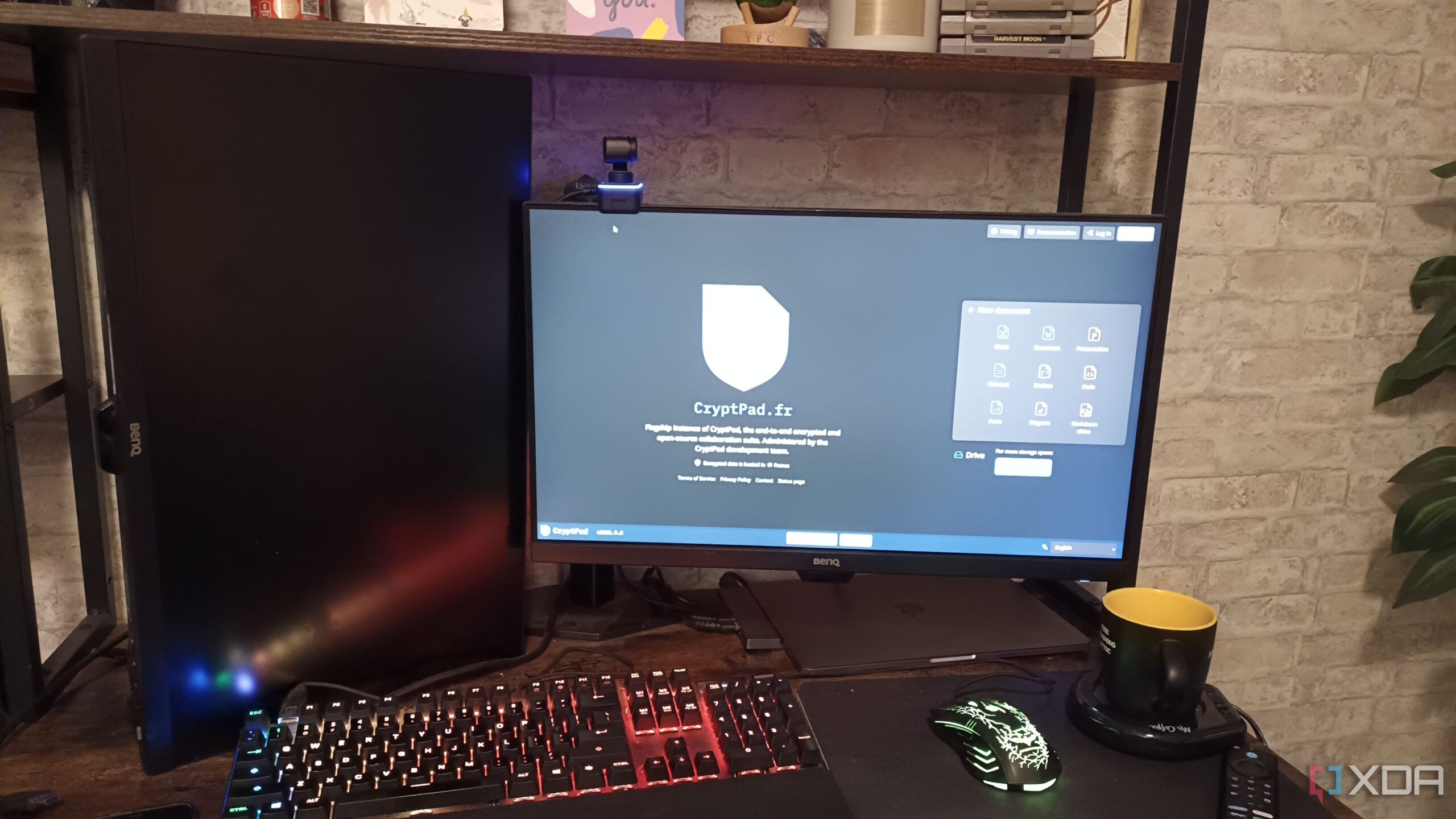In a notable shift towards enhanced digital privacy, users are increasingly seeking alternatives to Google Workspace, particularly its widely-used tools such as Google Docs and Sheets. The emergence of platforms like Cryptpad offers a viable solution for those looking to maintain control over their document privacy. This open-source, fully encrypted platform allows users to collaborate without the corporate influence that has become pervasive in everyday online interactions.
Cryptpad stands out due to its commitment to user privacy. Unlike Google Workspace, where data is often accessible to the service provider, Cryptpad employs end-to-end encryption, ensuring that only users can access their documents. This is achieved through symmetric encryption, a robust security feature that minimizes the risk of unauthorized access. Users can opt to work without an account, but documents created in this manner are automatically deleted after 90 days. Registered users can retain their files indefinitely, though they are responsible for remembering their passwords, as Cryptpad does not store this information.
The platform offers a comprehensive suite of ten tools designed for various collaborative needs. In addition to the expected offerings like Documents, Sheets, and Presentations, Cryptpad includes features such as Forms, Kanban boards, and Markdown slides. This diverse range of options caters to different workflows, making it an attractive alternative for users with varied requirements.
Cryptpad’s user interface facilitates a smooth collaborative experience. Sharing documents is straightforward, with options to set permissions for viewing or editing. A clear warning is provided to users when sharing links, emphasizing that recipients will gain non-revocable access to the content. This transparency encourages users to think critically about their document sharing practices. Furthermore, Cryptpad allows users to create a list of contacts with pre-approved access, streamlining the process of collaboration among team members.
Despite its strengths, users should note that Cryptpad’s functionality is heavily reliant on an internet connection. Offline access is limited, which could pose challenges for those who frequently work without reliable connectivity. Additionally, while the platform is designed to be user-friendly, certain web browsers, such as Safari, may experience compatibility issues. Some users may also encounter bugs related to browser extensions like Adblock, which can affect their experience.
While many users may be accustomed to the extensive offline capabilities offered by Google Workspace, Cryptpad’s design aligns well with the needs of individuals who predominantly work online. For those who do require offline access, downloading documents prior to losing connectivity is a feasible workaround. This flexibility allows users to transition from Google Drive, freeing up much-needed space while maintaining a collaborative environment that prioritizes privacy.
The subscription model for Cryptpad offers additional features and expanded storage beyond the initial 1 GB of cloud storage available for free. This can be an appealing option for users who find that their collaborative needs grow over time. As the demand for privacy-focused online tools increases, platforms like Cryptpad are likely to gain traction among users seeking alternatives to mainstream services.
In conclusion, Cryptpad presents a compelling option for those looking to enhance their digital privacy while maintaining collaborative capabilities. With its robust security features and diverse range of tools, it offers a viable alternative to Google Workspace, catering to the growing desire for privacy in the digital age.
